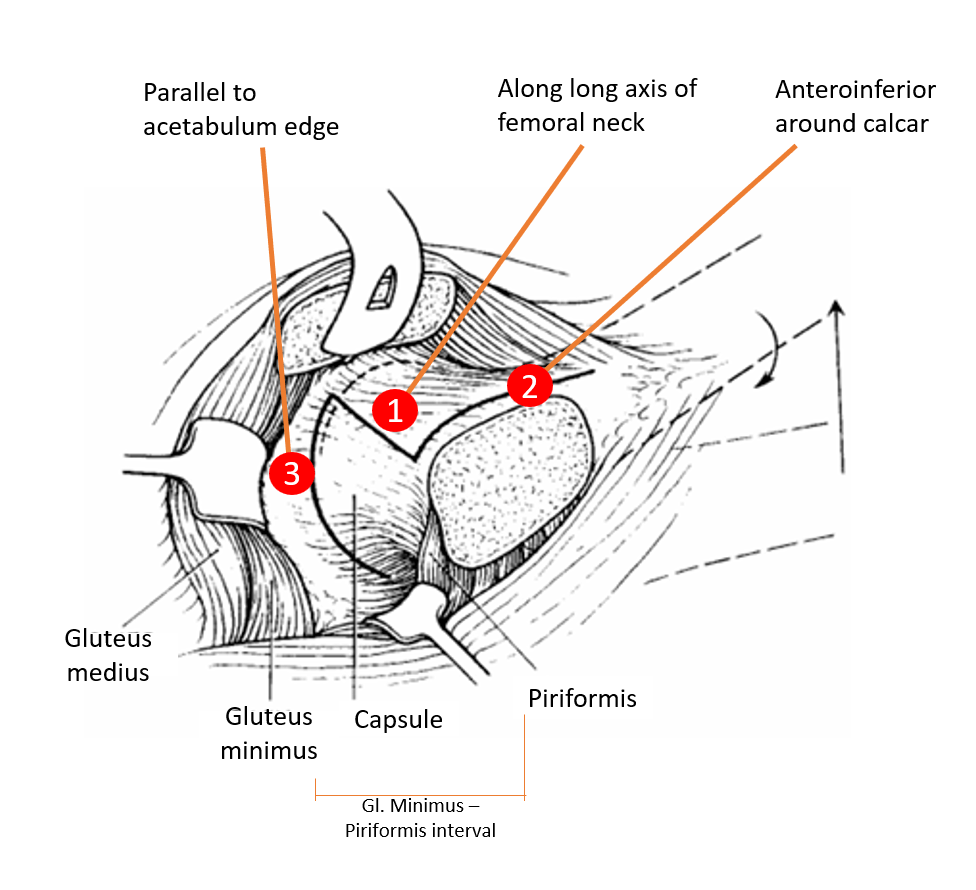Surgical Principles Relevant Course of MFCA Surgical Technique 1. Position: Lateral decubitus 2. Incision and approach: Traditional Kocher-Langebeck (KL) approach or Gibson interval (more anterior interval with posterior retraction of gluteus maximus muscle without violating it) 3. Trochanteric (Digastric slide) osteotomy: 4. Exposure: 5. Z-shaped Capsulotomy: 6. Hip Dislocation: 7….
Tag: Procedures
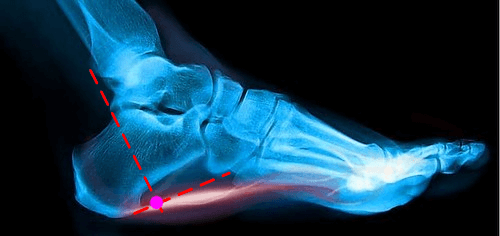
Plantar fasciitis : Injection Technique
Anatomy Plantar fascia arise from medial and lateral tubercles on the inferior surface of calcaneus. The lesion is invariably found at the medial head. Intersection technique 1. Position: Supine with knee flexed and hip externally rotated (figure of 4) 2. Landmark: Point of intersection of a line drawn parallel to…
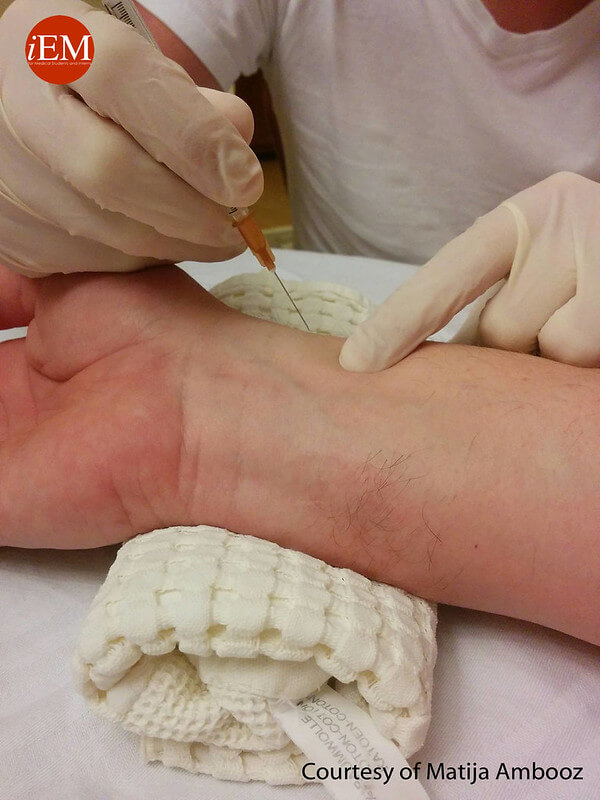
ABG Sampling (Radial Artery)
Start with WIPERS Then ABG 1. Allen’s test (modified): In case of Positive Allen’s test: DO NOT puncture radial artery 2. Bad things: 3. Gather equipment needed Then Procedure 1. Position: 2. Site preparation: 3. Local anesthesia (skin): Offer the patient local anesthesia – 4. ABG sampling: 5. Post sampling:
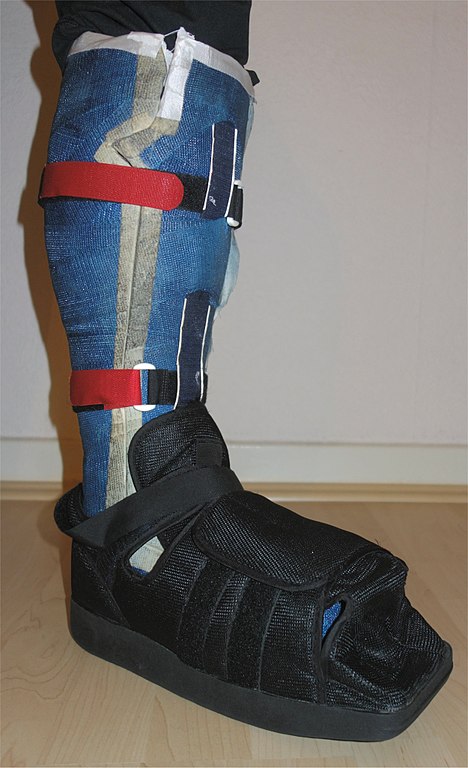
Total Contact Cast (TCC) – Principles and Technique
Total contact cast (TCC) is a modification of traditional below knee plaster with minimal padding, covering to protect toes, and molding to the contour of the foot and leg so that there’s no movement withing the cast. Indications of Total Contact Cast Contraindications of Total Contact Cast 1. Absolute: 2….
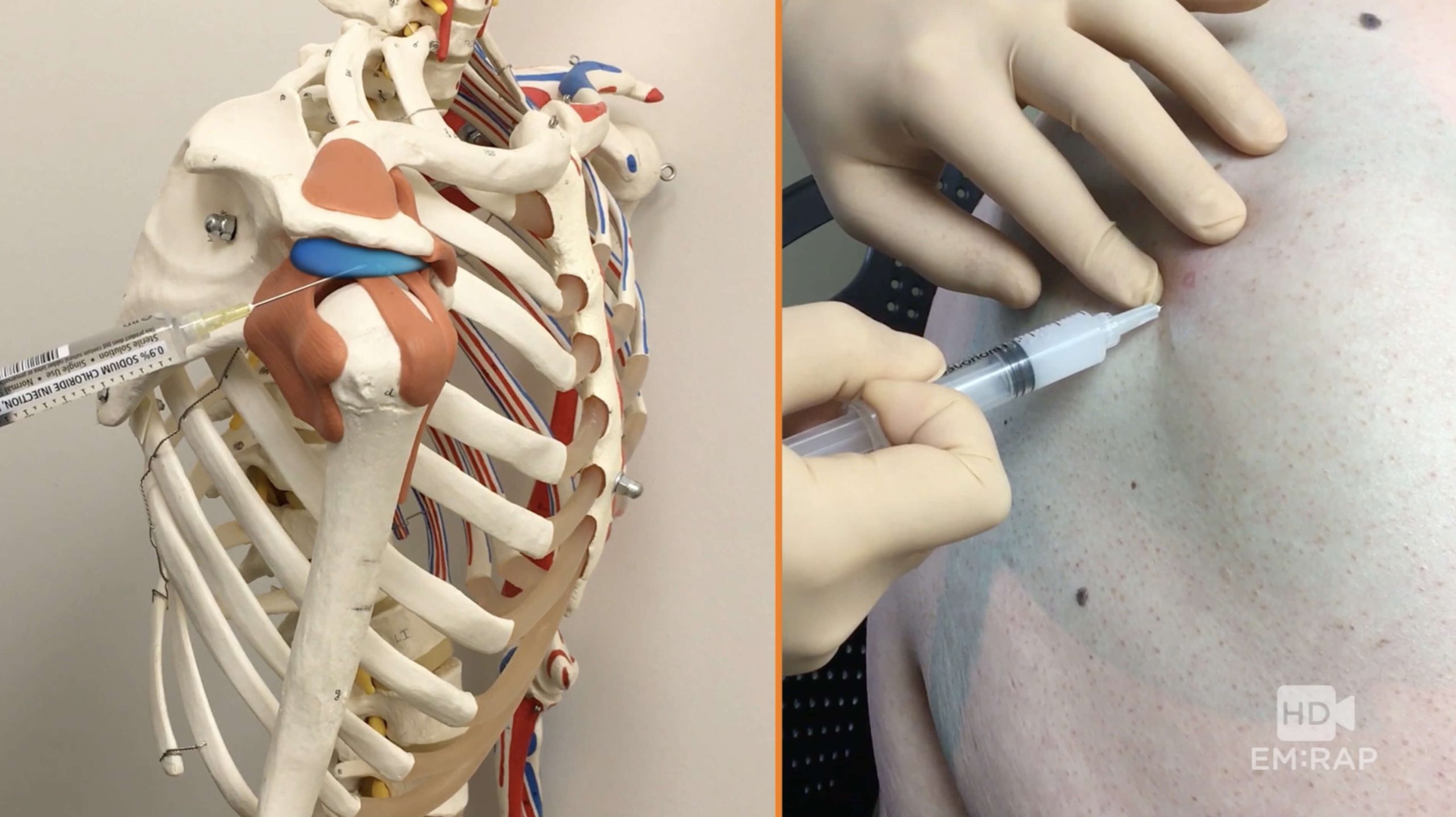
Subacromial Injection
Indications: Diagnostic and therapeutic purposes of – Syringe preparation: Position: Comfortably seated with the arm at the side and the hands resting on the lap. Posterior approach: Lateral approach:

Rapid Sequence Intubation (RSI) – Mnemonic Approach
Approach the patient with 9 Ps. 0-10 minutes (Possibility of Success): Anticipating difficult airway Mnemonic: LEMON approach 1. Look externally: Remember “BONES“ Beard Obesity No teeth Elderly Sleep apnea/Snoring 2. Evaluate 3-3-2 rule: Ideal dimensions for visualization of larynx 3 fingers in mouth: adequate mouth opening 3 fingers under the…
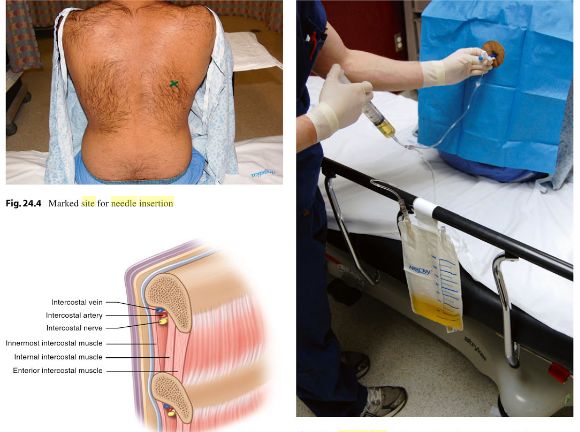
Thoracocentesis : Practical Essentials
Absolute contraindications of thoracocentesis There are no absolute contraindications to diagnostic thoracocentesis. If clinical judgement dictates that the information gained from the pleural fluid analysis may help in diagnosis and therapy, thoracocentesis should be performed. Necessity of an immediate alternative procedure such as open thoracostomy or thoracotomy is the only…
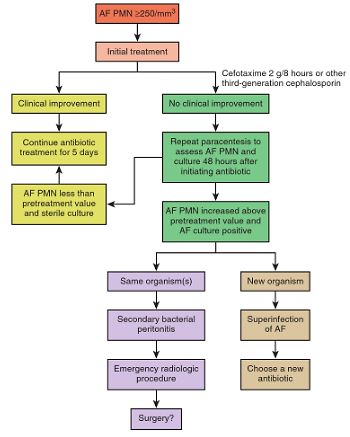
Ascitic Fluid Analysis : How to come to diagnosis?
We have already discussed about the practical essentials about Ascitic Paracentesis including absolute contraindications, site of needle entry and appropriate volume replacement. Laboratory analysis of ascitic fluid may provide answers to important clinical questions, as its composition varies depending on the underlying cause. Gross Special test WBC (/mm³) – most useful PMN…
